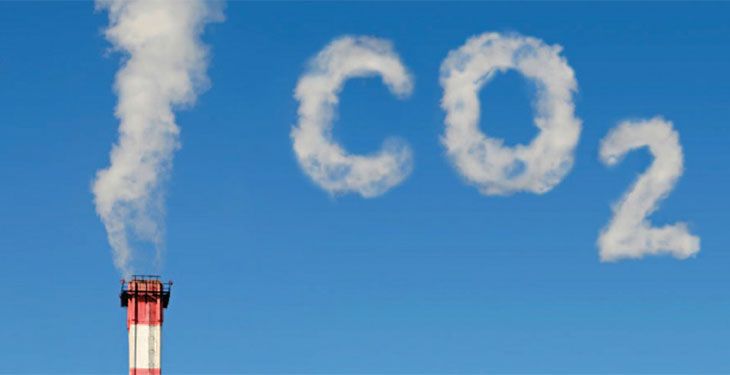The European Parliament adopted, on Tuesday, several key legislative acts that are part of the “Fit for 55 in 2030” package, such as the reform of the EU emissions trading system, also for the air and maritime sectors, a new adjustment tool at the border of carbon dioxide emissions and a fund to mitigate the social impact of climate actions that will combat energy poverty, Reuters and AFP inform.
The reform of the emissions trading system (ETS) was adopted with 413 votes for, 167 against and 57 abstentions. It increases the ambition level of ETS. Thus, greenhouse gas emissions from sectors covered by the ETS must be reduced by 62% by 2030 compared to 2005 levels. It also phases out free allowances for companies from 2026 to 2034 and creates a new, separate ETS II system for fuels from road transport and for buildings, which will set the price of emissions from these sectors starting in 2027 (or 2028 if energy prices are exceptionally high), according to Agerpres.
In addition, for the first time, the European Parliament voted to include GHG emissions from the maritime sector in the ETS (500 votes for, 131 against and 11 abstentions) and agreed to revise the aviation ETS (463 votes for, 117 against and 64 abstentions). Thus, until 2026, the free certificates granted to the aviation sector will be gradually eliminated and the use of aviation fuels derived from renewable sources will be promoted.
Also, with 487 votes for, 81 against and 75 abstentions, the Parliament adopted the rules governing the new EU mechanism for border adjustment of carbon dioxide emissions (CBAM). It aims to encourage countries outside the Union to increase their level of climate ambition and to ensure that EU and global climate efforts are not undermined by the relocation of production from the Union to countries with less ambitious policies. CBAM regulates iron, steel, cement, aluminum, fertilizers, electricity, hydrogen and, under certain conditions, indirect emissions. Importers of these goods will have to pay the difference between the carbon price paid in the country of production and the price of carbon emissions certificates from the EU ETS.
Also on Tuesday, the European Parliament adopted with 521 votes for, 75 against and 43 abstentions the agreement concluded with the countries of the Union to create in 2026 the Fund for mitigating the social impact of climate actions (SCF), to guarantee that the climate transition will be fair and socially inclusive. Vulnerable households, micro-enterprises and transport users who are particularly affected by energy and transport poverty will benefit from this fund. When fully implemented, the fund will be financed by auctioning up to 65 billion euro worth of ETS II allowances, with an additional 25% will be covered from national resources (summing an estimated total of 86.7 billion euro).
The texts must now be formally approved by the Council. They will then be published in the Official Journal of the European Union and will enter into force after another 20 days.
